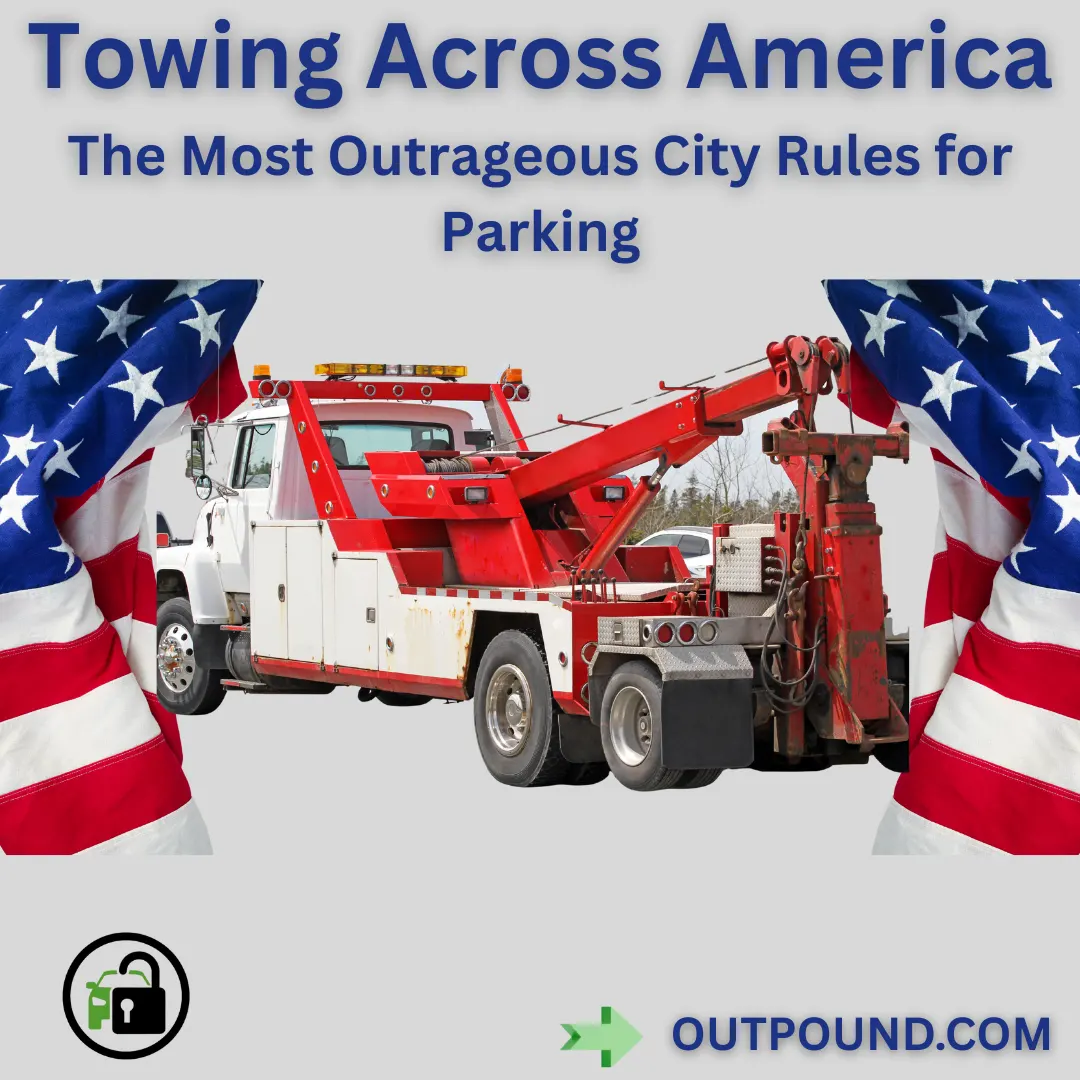The Most Outrageous City Rules for Parking

If you think parking is simple, congratulations, you’ve clearly never parked in a major U.S. city. Each municipality seems to have invented its own set of rules designed to confuse, frustrate, and ultimately separate drivers from their cars (and wallets). From overly strict meter regulations to opaque private lot policies, the United States is a veritable minefield for the unsuspecting parker.
Take New York City, where you might think paying for a meter guarantees safety. Wrong. Alternate side street cleaning rules can get your car towed at 3 a.m., leaving you to scramble for a storage facility and a coffee strong enough to deal with the morning chaos. In Los Angeles, some residential areas enforce overnight parking permits so strictly that even a single expired sticker is fair game for a tow. In Chicago, streets can be impounded during snow emergencies or street cleaning schedules, sometimes without clear signage, especially in side streets.
But it’s not just the big cities. Smaller towns have their quirks too. In Boston, if your car obstructs a “temporary” no-parking zone for a film shoot, expect a tow that would make any accountant proud. In Miami, “private property” signs are often enforced by contracted towing companies who have absolute authority to tow vehicles, even when the lines on the lot are ambiguous or faded. In Seattle, parking on a hill improperly or blocking a dumpster can lead to fees that escalate faster than your coffee addiction in the morning.
What’s the takeaway? Every city seems to have a different legal framework for what counts as a towable offense. Signs, meter rules, curbs, snow emergencies, street sweeps, construction zones, the combinations are endless, and tow operators know them all. Drivers who don’t know local rules are an easy target, as fees quickly accumulate while you run around trying to figure out which jurisdiction took your car.
Then there’s the hidden gem of chaos: out-of-state vehicles. Many cities treat cars with non-local plates as low-hanging fruit for towing. They can charge higher fees, make pickup inconvenient, and count on you to pay rather than fight. The same goes for private property tows with shopping centers, apartments, and corporate lots often contract with tow companies that know exactly how to exploit loopholes and gray areas.
Fortunately, knowledge is your best weapon. Document everything. Take photos of all signage, note meter times, and, if possible, track the lot where your vehicle might be taken. But the most effective defense? OUTPOUND.com. We help drivers determine whether a tow was legal, and strategize the fastest, most cost-effective way to retrieve your car. With our help, you can navigate the madness without giving in to panic fees or administrative games.
Cities want you to assume towing is random, unavoidable, or fair. It’s not. Each jurisdiction has its quirks, loopholes, and “creative” interpretations of the law. But armed with information, preparation, and OUTPOUND’s guidance, you can turn what seems like a legal nightmare into a manageable situation.
Cue OUTPOUND...Someone has to clean up this mess!
Parking anywhere in America is a gamble, but that doesn’t mean you have to lose. Each city has its own rules, each tow company its own agenda, and each fee its own escalation plan. Don’t be a victim of geography and bureaucracy. Document, research, and let OUTPOUND.com help you reclaim control. Because while the rules may vary state to state, the principle remains the same: your car, your rights, your fight.

